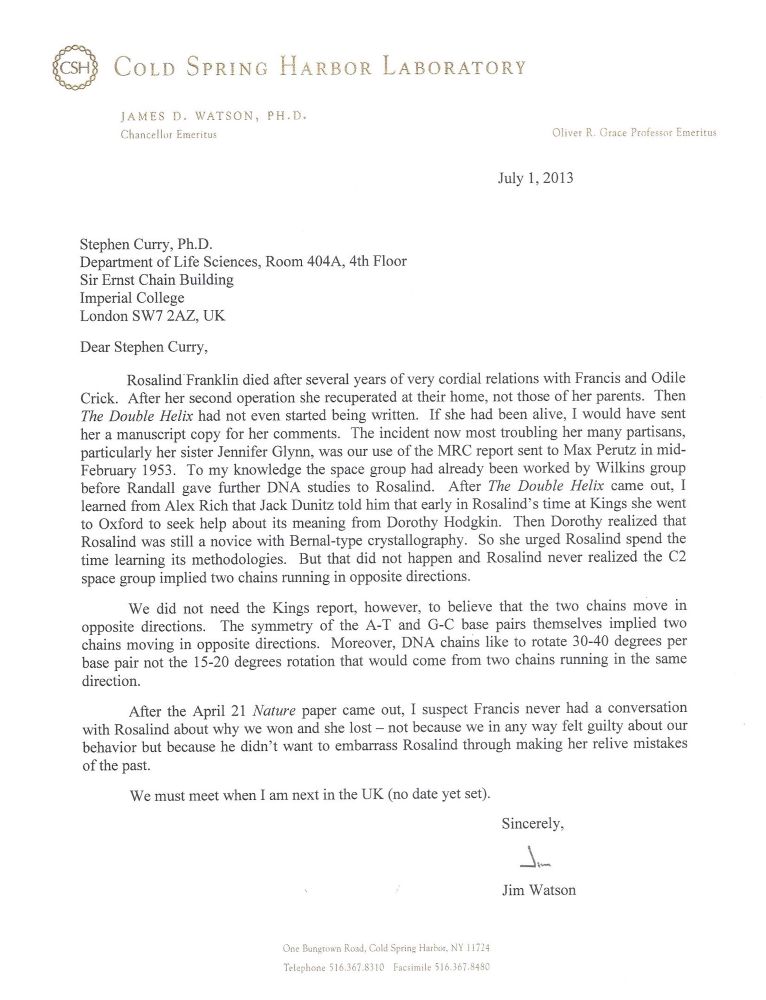
#STS #Openscience #PoliticalEconomy
Blog: https://polecopub.hypotheses.org/
Matilda scientifc director: https://matilda.science/?l=en
The new OpenAlex version is not as large as in the Walden one and now Google Scholar is the largest service again.

The new OpenAlex version is not as large as in the Walden one and now Google Scholar is the largest service again.

#ScienceUnderSiege

#ScienceUnderSiege
opendivide.hypotheses.org/625

opendivide.hypotheses.org/625
Shared by @gizmodo.com: buff.ly/yAAHtHq
youtu.be/3QLMS0QsPF0

youtu.be/3QLMS0QsPF0

go.nature.com/49pgmN7








Êtes-vous prêts ? Avez-vous révisé l'histoire de cette liste ?
Si vous avez besoin d'une antisèche, c'est ici que cela se passe : direct.mit.edu/qss/article/...


onlinelibrary.wiley.com/doi/abs/10.1...

onlinelibrary.wiley.com/doi/abs/10.1...
Don’t feed the zombies. Support diamond open access!
The zombie poster is back!
#DiamondOA #OpenAccess #Halloween

Don’t feed the zombies. Support diamond open access!
The zombie poster is back!
#DiamondOA #OpenAccess #Halloween
Check the v1 timestamps here:
www.tuhs.org/cgi-bin/utre...
This is due to being overwhelmed by a hundreds of AI generated papers a month.
Yet another open submission process killed by LLMs.
This is due to being overwhelmed by a hundreds of AI generated papers a month.
Yet another open submission process killed by LLMs.



